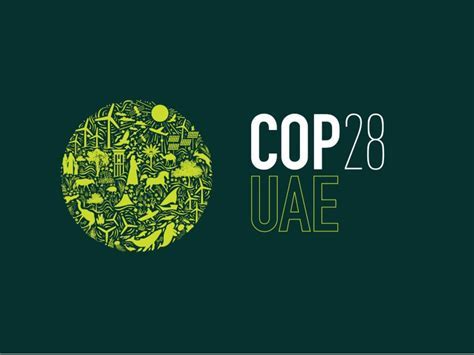The annual event, – Conference of Parties COP28, no doubt, will be a critical crossroads for energy transition.
Starting tomorrow (30 November to 12 December), the signatories will assemble in Dubai to deliberate and conclude on substantial action to mitigate climate change. The Indian Prime Minister, Mr. Narendra Modi, also will be present during the first 2 days. It may be business as usual for those who are offering their first-ever review. The decibel levels may rise when the bossiest polluters (China, US) are asked to commit more to the loss and damage fund.
I believe that the debate on phasing out versus phasing down fossil fuels taking center stage at COP 28 this year. While the decision to completely phase out will be a bold and decisive step towards a cleaner, energy future, phasing down offers a more pragmatic approach, particularly for developing nations like India.
It is a fact that like many other developing countries, India’s energy landscape is currently dominated by fossil fuels, with coal alone accounting for 49% of electricity generation. The country’s ambitious renewable energy targets, aiming for 500 GW of installed capacity by 2030, are commendable. However, the sheer scale of India’s energy demand necessitates a gradual transition, which balances environmental protection and economic growth.
According to me, phasing down fossil fuels, rather than an abrupt phase-out approach, presents a more viable strategy. This approach allows the country to utilize its existing fossil fuel infrastructure while simultaneously investing in cleaner energy sources like renewables and hydrogen. The gradual reduction in fossil fuel reliance ensures a smooth transition without jeopardizing energy security.
The United Nations report, projecting continued fossil fuel production growth until 2030 for coal and 2050 for oil and gas, further supports the phasing-down approach. This projection highlights the need for a realistic transition timeline that aligns with global fossil fuel production trends.
Assessing countries’ climate mitigation goals only after fossil fuel production peaks makes sense. Because, by that time, nations will have a clearer roadmap for their energy transition and will have developed sustainable solutions like hydrogen to meet rising energy demands.
That is why I expect COP28 to delve into the phasing out versus phasing down debate, with discussions on stocktaking, commitments from major emitters like China and the US, and the loss and damage fund. I also see the anti-ESG lobbying taking center stage during this year. However, the real impetus for actionable change is likely to emerge from the phasing out versus phasing down conversations.
Key Takeaways:
Phasing down fossil fuels offers a more pragmatic approach to energy transition for developing countries like India.
India’s energy needs necessitate a gradual transition that balances environmental sustainability with economic growth.
Assessing climate mitigation goals after fossil fuel production peaks provides a more realistic timeline.
COP28 is expected to be a critical turning point in the global energy transition.

